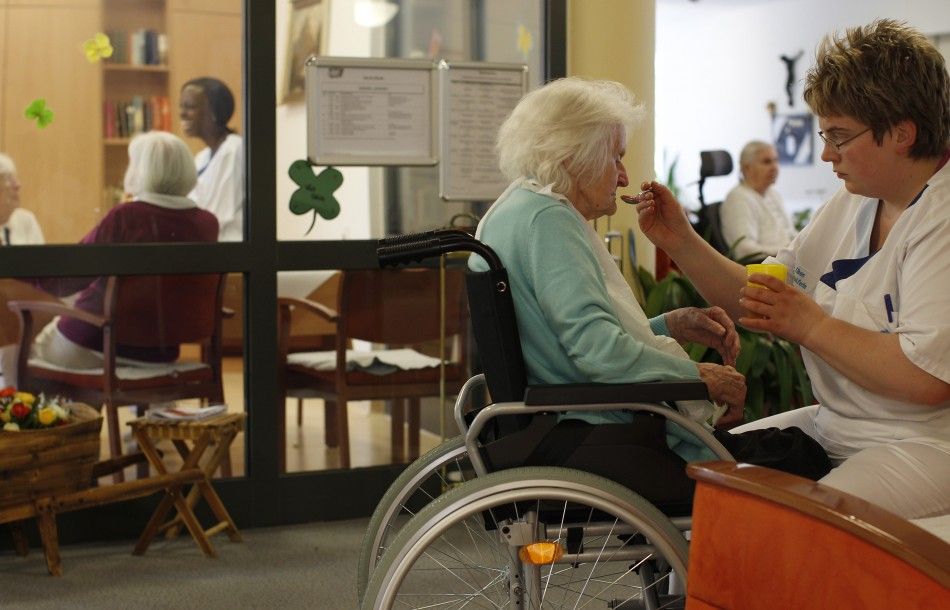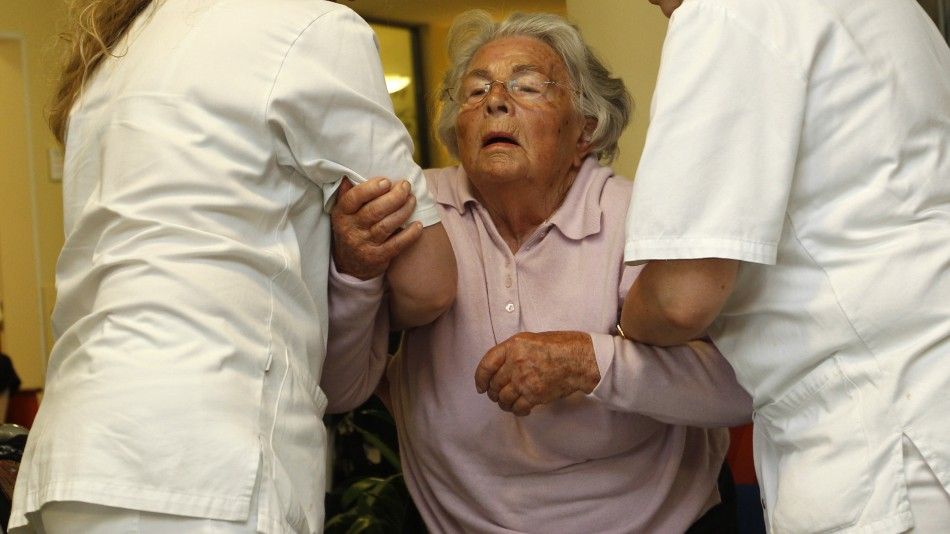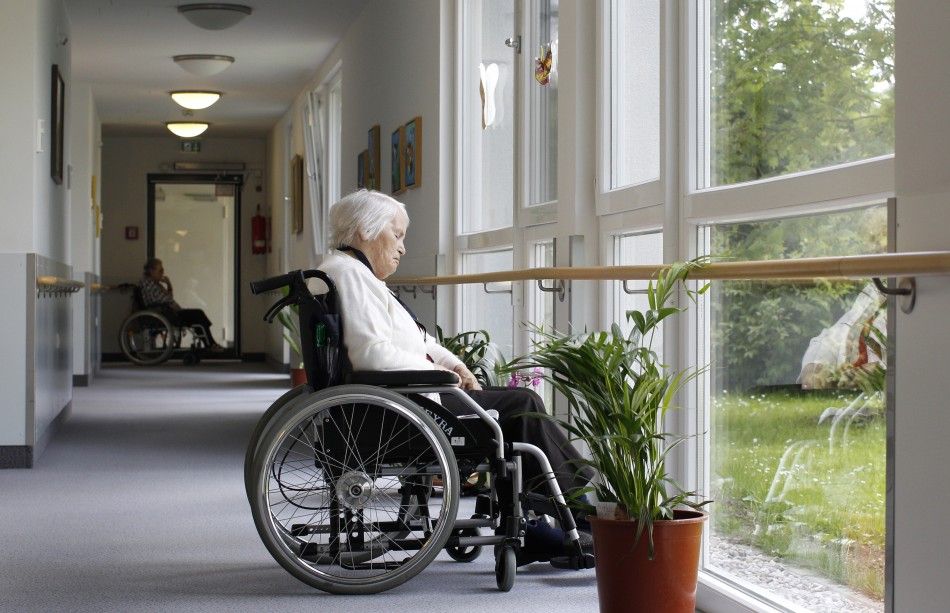Germany: Late Retirement Leading Ageing Population (PHOTOS)
Germany has been cited as the nation where elderly care is been taken very seriously than rest of the world.
Workers in Germany pay a "Pflegeversicherung" (care insurance) to cover the cost of long-term care and care for the elderly. Everyone covered by state national insurance has such coverage, while people with private health insurance also have to take coverage for old-age care.
Fact is that in Germany people get retire very late because of that the ageing population in Germany is on high from the rest of the world.
According to Daily Bild reports the data from the German Pension Insurance Federation showed that in the past year, the average retirement age had risen both for men and women in Germany.
In the past year, the average age for men rose from 63.5 to 63.8 years old, while for women the age climbed from 62.9 to 63.3. These were the oldest average ages
While the increases seem slight, taken across the economy they provide a much-needed shot in the arm to the workforce, which experts say faces a demographic crisis amid low birthrates and an ageing population.
Germans in the former West German states worked longer on average than those from the former East. Western men worked until 63.9 and women until 63.6. In the East, the average man retired at 62.9 and the average woman at 61.6.
Disability retirement ages have also risen. For men, the age is now 50.9, the oldest since 2002. For women, it is 49.8, the highest age since 2001.
It's been an anxiety that Europe's largest economy might suffer in coming years out of this ageing population.





© Copyright IBTimes 2024. All rights reserved.





















